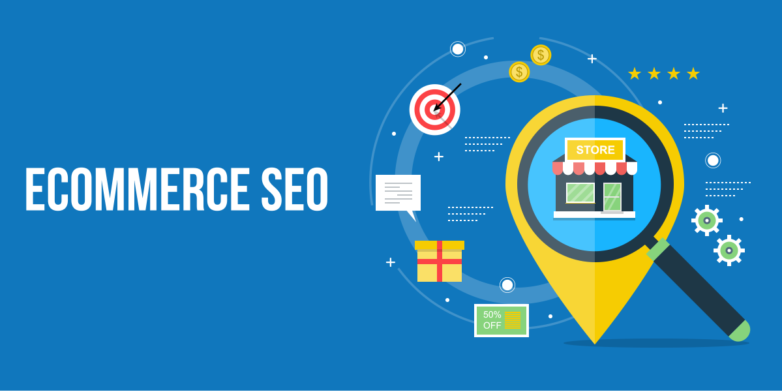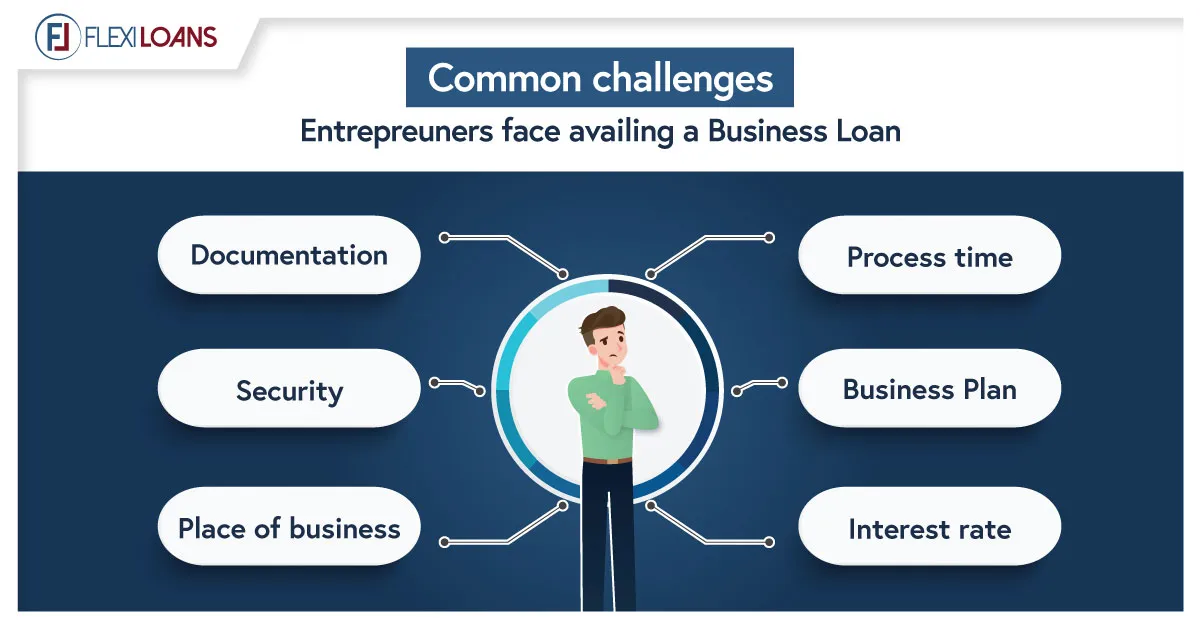A lot of business owners are unaware on what they should do to improve their online visibility. It is usually a very hard and tedious process. So, I want to explain the eCommerce SEO and their packages.
What is SEO?
SEO, or search engine optimization, is the process of improving the visibility and ranking of a website or web page in search engine results pages (SERPs). SEO can be done on a variety of levels, from optimizing the content and structure of a website to improving the visibility of individual web pages.
There are a number of different SEO packages available, each offering different levels of optimization. The most basic SEO package will usually include keyword research, on-page optimization (including title tags, meta descriptions, and header tags), and link building. More comprehensive packages may also include off-page optimization (such as social media promotion and link earning), local search optimization, and mobile search optimization.
Choosing the right SEO package depends on a number of factors, including the competitiveness of your industry, your budget, and your goals. If you’re just starting out with SEO, a basic package may be all you need. However, if you’re in a highly competitive industry or looking to achieve top rankings for highly competitive keywords, you’ll need a more comprehensive package.
Why do people need SEO?
There are many reasons why people need SEO. The most common reason is that it can help you get higher rankings in search engines. This, in turn, can lead to more traffic and more sales. And, of course, who doesn’t want more traffic and more sales?
Other reasons why people use SEO include:
-To improve the overall visibility of their website
-To increase brand awareness
-To get more leads and customers
-To improve customer satisfaction
-To make their website more user-friendly
No matter what your reasons for needing SEO are, there’s no doubt that it can be a powerful tool. And, when it comes to eCommerce, SEO is even more important. That’s because the vast majority of eCommerce traffic comes from search engines.
If you want to succeed with eCommerce, you need to make sure you have a strong SEO strategy in place. Fortunately, there are plenty of eCommerce SEO packages out there that can help you do just that.
How eCommerce SEO works
If you’re running an online store, then you know how important it is to have good search engine optimization (SEO). After all, without SEO your store will be buried on page 50 of the search results and nobody will ever find it. Fortunately, there are eCommerce SEO packages available that can help you get your store to the top of the search results.
But what exactly do eCommerce SEO packages include? And what can you expect to see in terms of results? Here’s a quick overview:
1. Keyword research: The first step in any eCommerce SEO campaign is keyword research. This is where we identify the keywords that potential customers are using to search for products like yours. We also look at things like search volume and competition level to ensure that we’re targeting the right keywords.
2. On-page optimization: Once we’ve identified the right keywords, we’ll need to optimize your website for those keywords. This includes things like title tags, meta descriptions, and product descriptions. We’ll also make sure that your website is easy to navigate and that all of your product pages are indexed by the search engines.
3. Link building: One of the most important ranking factors for any
PPC vs SEO
There is a lot of debate in the ecommerce world about which type of marketing is better: pay-per-click (PPC) advertising or search engine optimization (SEO). Both have their pros and cons, and both can be effective in driving traffic to your site. So which one should you choose?
The answer, as with most things in life, is that it depends. It depends on your budget, your goals, and your target market. In this blog post, we’re going to take a closer look at PPC and SEO, and help you decide which one is right for you.
PPC advertising is a form of paid marketing where you pay for each click on your ad. Google AdWords is the most popular PPC platform, but there are others, such as Bing Ads and Facebook Ads.
The main advantage of PPC is that it’s immediate. You can set up your campaign and start getting traffic to your site right away. The downside is that it can be expensive, especially if you’re in a competitive market.
SEO, on the other hand, is a long-term strategy. It involves optimizing your site for the search
The different packages available and what they include
There are many different eCommerce SEO packages available on the market. Some of the most popular include:
-SEOmoz
-WebCEO
-Bruce Clay
-WordStream
Each package offers different features, but they all aim to improve your website’s visibility and ranking in search engines. Typically, you can expect to receive keyword research, on-page optimization, link building, and reporting/analytics with most packages. Some providers also offer additional services such as social media marketing and pay-per-click management.
When choosing an eCommerce SEO package, it’s important to consider your needs and budget. Basic packages may be sufficient for small businesses with limited budgets, while more comprehensive plans may be necessary for larger businesses or those with complex websites. Be sure to read reviews and compare pricing before making your final decision.
Conclusion
E-commerce SEO packages are becoming increasingly popular for businesses large and small. By optimizing your e-commerce site for search engines, you can reach a wider audience of potential customers and make more sales. While there is no one-size-fits-all solution when it comes to e-commerce SEO, there are a few basic elements that every package should include. In this article, we’ve explained what you can expect to get from an e-commerce SEO package, so you can make an informed decision about whether or not it’s right for your business.



